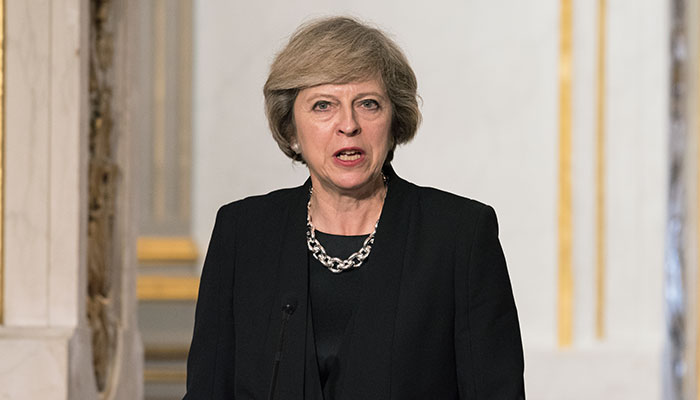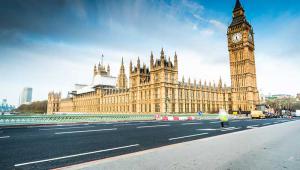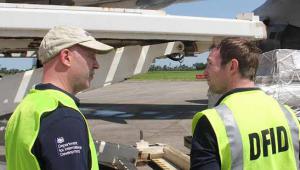web_theresamay_shutterstock_456468121.jpg

UK prime minister Theresa May
There has been wide speculation that the commitment, subject of heated debate in the UK, could be abandoned by May’s party in its new manifesto, being prepared in the run up to the country’s snap election in June.
Polling suggests the incumbent government will secure a strong victory over the opposition, so it was thought any proposal to roll back aid spending would likely be put into action in just a few months time.
But speaking today, May put any doubts about the future of the aid spending commitment to rest.
“Let’s be clear – the 0.7% commitment remains, and will remain,” she said, adding that she was “very proud” of the UK’s reputation and contributions to international aid.
However she stressed that money will have to be scrutinised carefully to ensure it is being spent in the most effective way.
The announcement follows a series of warnings from development leaders, including philanthropist Bill Gates and World Bank president Jim Yong Kim, that cutting UK aid would have drastic consequences overseas, and limit Britain’s influence and global standing.
The UK is currently one of only a handful of nations to spend 0.7% of its national income overseas – a decades’ old target agreed at the United Nations – and is the third biggest aid donor in cash terms, second only to Germany and the US.
Over $18bn from the UK taxpayer was used to support the world’s poorest people last year. Yesterday, the country’s international development secretary Priti Patel, once considered a staunch aid critic, submitted a 1,750 word written statement to the UK parliament supporting the UK’s aid spending.
She stressed the achievements of UK aid in reducing poverty, highlighted the measures taken to ensure taxpayers’ funds are well spent (the aid budget is one of the most transparent areas of UK funding) and pointed out supporting development overseas benefits the UK.
“When we invest in stability, jobs and livelihoods, and sound governance, we address the root causes of problems that affect us here in the UK,” she wrote.
“It is not in our national interest to simply sit on our hands and wait until these problems reach breaking point or find their way to our doorstep.”













